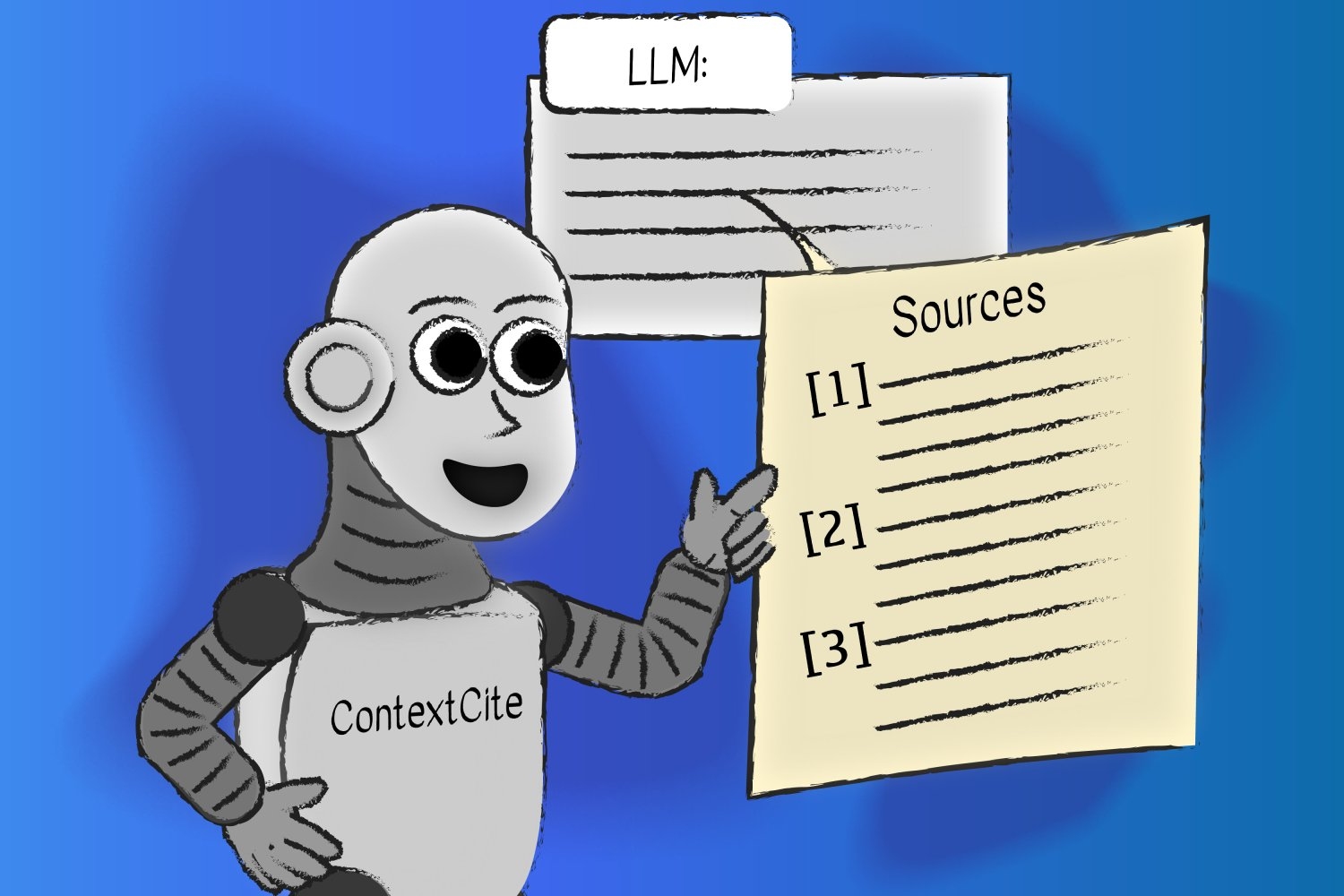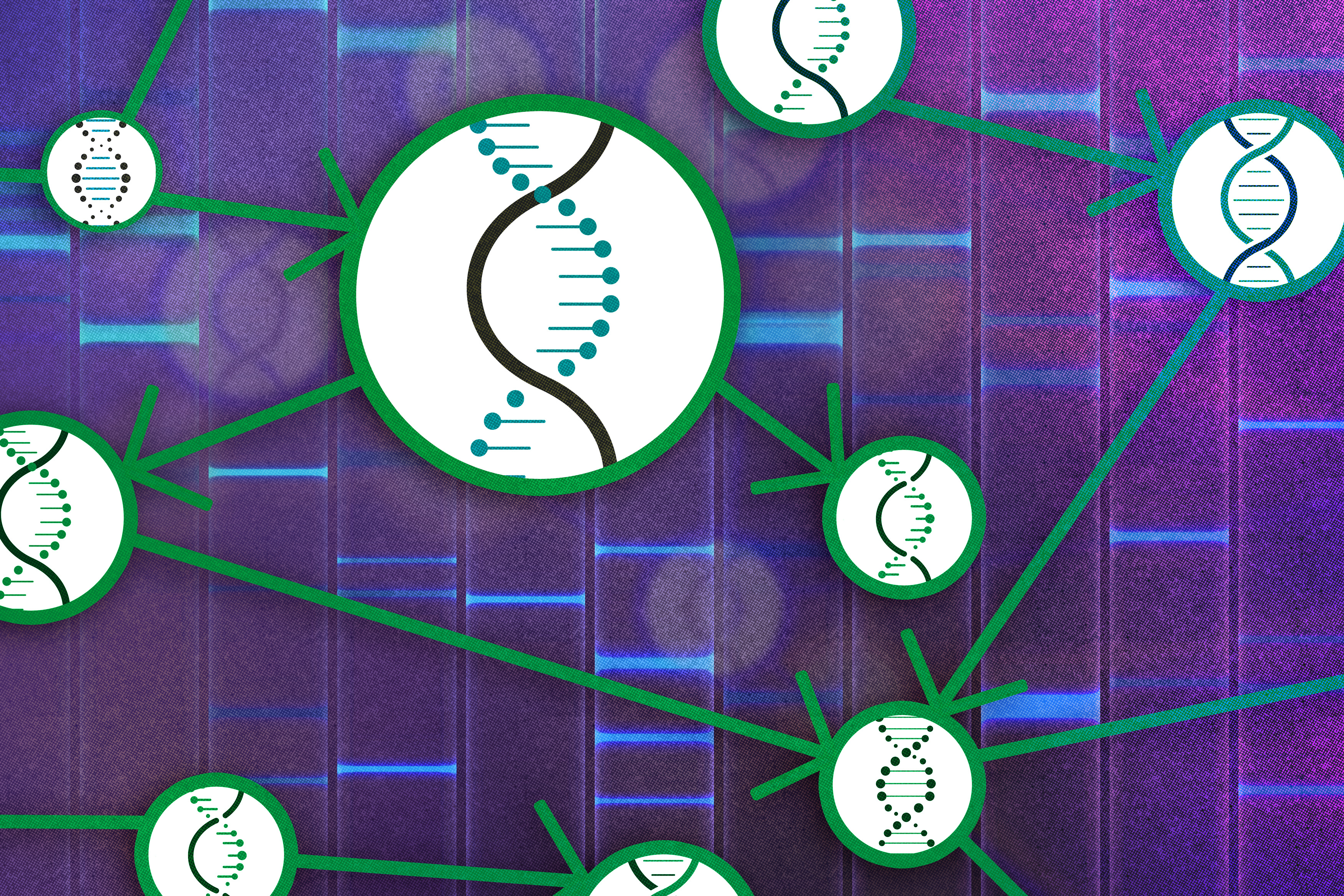AI harm is often behind the scenes and builds over time – a legal scholar explains how the law can adapt to respond
The damage AI algorithms cause is not easily remedied. Breaking algorithmic harms into four categories results in pieces that better align with the law and points the way to better regulation.
Sylvia Lu, Faculty Fellow and Visiting Assistant Professor of Law, University of Michigan •
conversation
Nov. 22, 2024 • ~10 min
Nov. 22, 2024 • ~10 min
Robo price-fixing: Why the Justice Department is suing a software company to stop landlords colluding on rents
RealPage, Inc. provides software that lets landlords keep rental prices high. The Justice Department cried foul on the price-fixing practice.
Roger Alford, Professor of Law, University of Notre Dame •
conversation
Nov. 18, 2024 • ~8 min
Nov. 18, 2024 • ~8 min
Despite its impressive output, generative AI doesn’t have a coherent understanding of the world
Researchers show that even the best-performing large language models don’t form a true model of the world and its rules, and can thus fail unexpectedly on similar tasks.
Adam Zewe | MIT News •
mit
Nov. 5, 2024 • ~7 min
Nov. 5, 2024 • ~7 min
Empowering systemic racism research at MIT and beyond
Researchers in the MIT Initiative on Combatting Systemic Racism are building an open data repository to advance research on racial inequity in domains like policing, housing, and health care.
Scott Murray | Institute for Data, Systems, and Society •
mit
Nov. 4, 2024 • ~7 min
Nov. 4, 2024 • ~7 min
/
72










